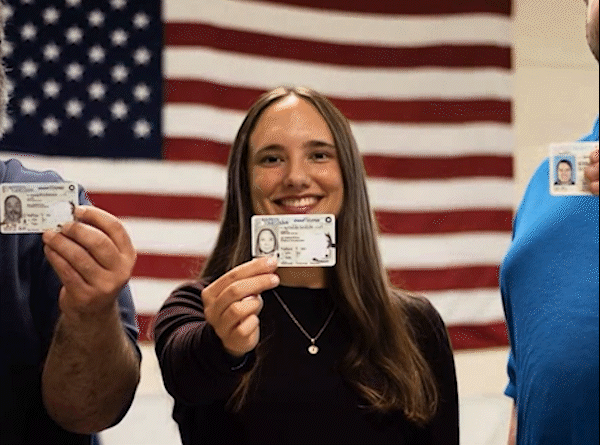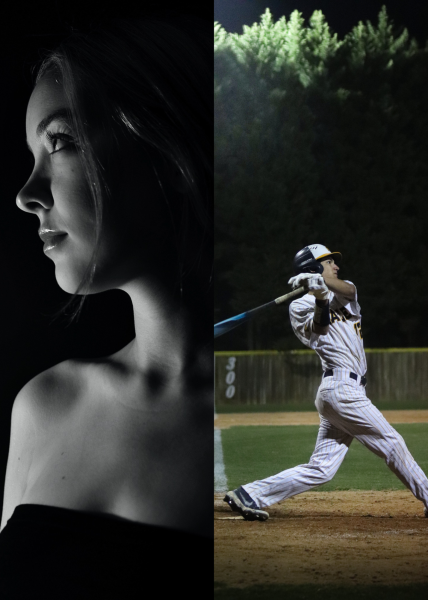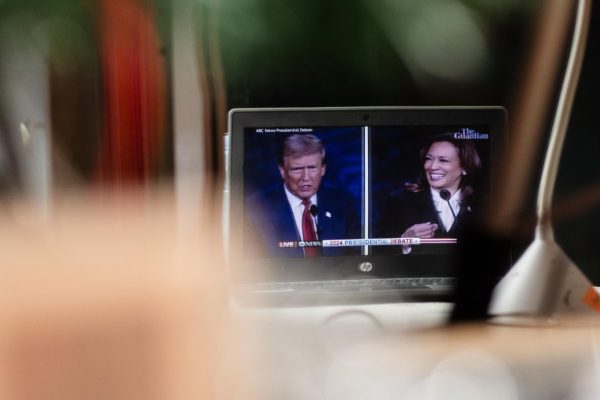Reverse racism can’t exist in white-dominated society
Scenario: a white student calls a black student the n-word. He is racist, no argument necessary. But then the black student retaliates with “cracker,” and the white student cries “reverse racism!” Is the black student being racist?
No, he is not, because reverse racism does not exist. In our society, it is impossible.
Reverse racism is seen as the discrimination against a dominant race from people of color, or minority races, to correct past transgressions.
Given recent events in our country, it has been the topic of many discussions both in and out of the classroom. But because the topic can be emotionally triggering, most teachers choose to avoid it if possible, especially since discussions can drag on and cut into instruction time.
If students are not made aware of issues involving different perspectives, however, they may never deeply understand others. And at a school that boasts diversity like ours does, it is imperative that every student is informed about the racial issues that can affect our peers.
But before tackling such a heavy topic, it is important to understand the difference between three concepts involved with race: prejudice, discrimination and racism.
Prejudice is the dislike of a person or group of people, based on a stereotype and not through actual experience. Prejudice is a belief that can be held by anyone towards anyone else, like disliking a race because of a stereotype.
The moment someone acts on his or her prejudiced belief, however, they are discriminating. Discrimination is the unfair treatment of a person or group of people, based on a preconceived idea rather than being based on who they truly are. Discrimination can be harassment, name calling or inappropriate jokes, as well as actions such as not hiring someone based on his or her race.
Racism, however, is the idea that is based on one race thinking it has power or superiority over another race or races, and will manifest itself through actions. The Nazi party, the anti-Semitism movement and the Ku Klux Klan are historically racist groups.
Now, it is important to understand the difference between discrimination and racism, as they are not interchangeable. The dominant race discriminates out of racism, and people of color discriminate out of prejudices. It may seem unfair to call one racism and not the other, but dominant races hold societal privileges beyond what is normal for other races.
In our country’s history, the white race has always been the dominant race, even if it is no longer the largest in population size. Our society has always held a preference for whites. That preference, white privilege, is the advantage or favor that white people hold over non-whites in political, economic and social relations.
White people can see or hear the word “privilege,” and feel attacked or offended because they feel like they have had absolutely no privilege in their lives due to situations that were out of their control. Although this concept does not negate the discrimination they have faced, it brings to light the struggles they have not dealt with.
When some white people see the Black Lives Matter movement, for example, they immediately feel attacked and counter with an All Lives Matter movement. First of all, of course all lives matter. Second, that’s not the point of the Black Lives Matter movement. Black Lives Matter serves to speak for those that are being targeted in police violence, and to push for the recognition that black lives are just as important as white lives.
One white person individually may have had a rough time, but his or her race in general has never faced the struggle that the black race has, and has not faced racial hardships that occur because of the systematic racism in our society. For this reason, it is important to keep this issue at a systematic standpoint, and not bring personal examples into arguments.
“Access to privilege doesn’t determine one’s outcomes,” feminist and anti-racism activist Peggy McIntosh said in Cracking the Codes: A Trip to the Grocery Store, “but it is definitely an asset that makes it more likely that whatever talent, ability, and aspirations a person with privilege has will result in something positive for them.”
White privilege is undeniably real. As a Latina girl, I have seen and experienced the lack of representation of not only my ethnicity, but of others as well, in academic settings and in the entertainment industry. For the second year in a row, not a single person of color was nominated for an Oscar in the four acting categories, even though there were many that were eligible.
The preference for white people is very visible in our society. And as of now, nothing is taking away that privilege. White people who believe that “attacks” toward their race is considered racism are assuming that the playing fields are level, even though segregation was only legally abolished 51 years ago and the effects are still being felt today. According to the JEC Democratic staff report, the median net worth of white households is 13 times the level for black households, and blacks are three times more likely to face poverty. Naturally, many people of color are upset because of the advantage whites have over them.
However, this does not mean that it is okay to continue prejudiced mindsets some people of color have towards whites. Prejudice and discrimination are ugly in every way. Our generation’s white people now have to constantly apologize for something that they did not do and is not necessarily their fault.
But it is time to wake up and realize there is something wrong with the system in which our society operates on. There is always going to be one clear winner. For that reason, as long as white privilege exists, reverse racism cannot.
Your donation will support the student journalists of East Mecklenburg High School. Your contribution will allow us to purchase equipment and cover our annual website hosting costs.








JF • May 26, 2017 at 3:10 pm
Hello,
I am a former East Meck student, and I am extremely impressed by this article.
This is an important concept in intersectional politics.
I imagine the author is likely close to graduation at this point. Feel free to get in touch if you want to discuss getting hooked in with like-minded activists in the Charlotte area!